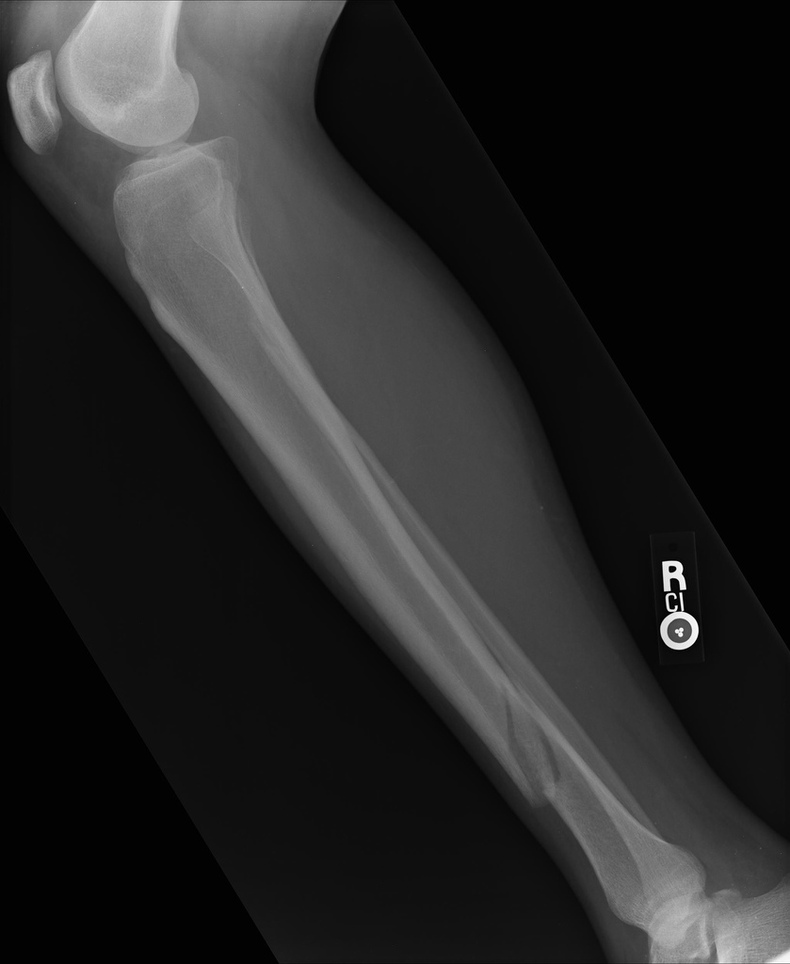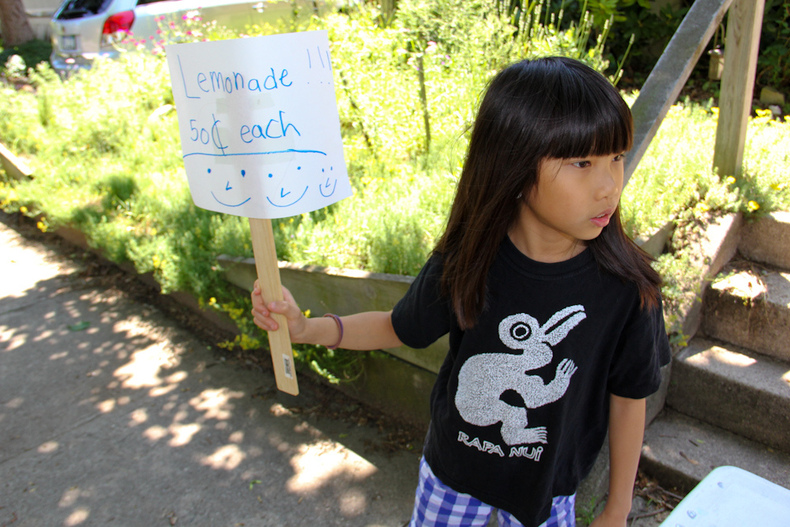Open Data Doesn't Discriminate
Non-commercial licenses are a barrier to Open Data
Kneecapping the competition

Image credit: rearl
The biggest complain I've always had about the API economy is that most terms of service prevent people from building interesting apps. This issue came to a head for AOL a few weeks ago, when it demanded that Pro Populi stop using Crunchbase data in an iPhone App.
AOL didn't realize that the CC-BY license allows commercial use, and once they were educated by the community, they changed their license to CC-BY-NC, which prohibits commercial use.
It's an old story. Craigslist has stagnated for many years, and gotten away with it, because they've blocked outsiders from using their data. Barring that, it's hard for competitors to get any leverage against Craigslist because Craigslist is in a two-sided market. Nobody is going to post local sales listings if nobody reads them, and nobody is going to read them on a site without listings.
Craigslist and Crunchbase have a weak legal case to protect their data, because database copyright doesn't exist in the US. No doubt, both organizations have a legitimate interest to protect the investment they've made to create their databases, but in the case of Craigslist, it seems that the public has really been a loser since Craiglist has had no motivation to innovate in terms of discoverability and safety.
Commercial is not "Bad"

Image credit: Stephen Depolo
The most common question I get about images on Ookaboo are "can these images be used commercially?" The answer there is yes, since Ookaboo is a commercial site, it only includes images that can be used commercially. The interest people have in this question, however, is that people see commercial vs. non-commercial use as a major axis of distinction, which I think is a mistake.
There are many objectionable uses that intellectual property could be put to that some people could find offensive:
- Some people don't want their work to be used for military purposes
- It's little consolation that a university is "non-profit" when some of it's students run up $100k of debt they can't pay back
- Organizations such as PETA and the National Rifle Association express extremist political views: would you want to see a photograph you took used in one of their ad campaigns?
Many photographers on Flickr put their images under CC-BY-NC licenses reflexively, because they don't like the idea of people making money on their images, but, as I see it, there are many uses more offensive than, say, an advertising-supported educational site that makes 1 cent per image per year. At risk of sounding like Adam Smith, commercial organizations face competitive pressures that drive them to serve end user's needs, as opposed to "non-profit" organizations that are driven by tribal pressures to spread hate and fear (political organizations) or force the young into the mold of the old (academia.)
Open data licenses don't discriminate

Open-source software has long recognized that discrimination is a problem. The short of it is that there are many uses that people object to, but if every open source project had a list of every use that somebody could find objectionable, we'd have no open source software movement.
The same is true for open data. We've never had better tools for linking open data than we do now, so are the main thing that is holding us back.
GADM, which unlike Open Street Maps, is a source of geographical boundaries that are actually closed, specifically allows "academic use" while denying "commercial use". This sounds, natural, normal, even acceptable to most people -- unless you recognize that, by design, academia is a driving force for class , gender, race and other inequalities in society.
The largest and most avaricious commercial organizations will always be able to buy and create the data they need and do whatever they want with it. "Non-commercial" licensing of data, photos, and other creative works only harms the small proprietor, who seeks social mobility by escaping inflexible hierarchies.
With version 4.0, the Creative Commons Foundation had a chance to eliminate the NC and ND licenses but didn't take it. This is unfortunate, because people are attracted to non-commercial licenses, despite the fact that these are both bad for business and inequality promoting.
Freedom isn't Free

Image Credit: schuminweb
Real life data sets usually need a lot of work to get something useful out of them. When data sets forbid commercial use, people have little incentive to do that work. Thus, we see plenty of embarrassingly bad demos (no links to protect the guilty) and abandoned projects.
If licensing doesn't make it feasible for small players to develop profitable products from open data, big players powerful enough to defeat copyright holders in court will prevail. Big players are good at incremental improvements, but they stand in the way of disruptive innovations. Many markets are broken and bullying doesn't help.
Creator of database animals and bayesian brains